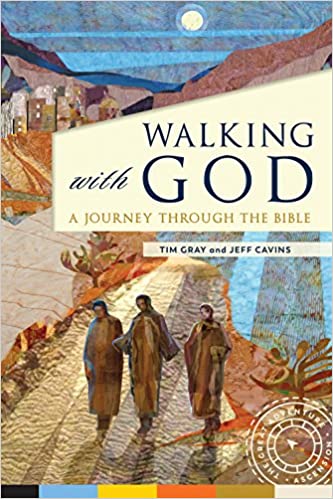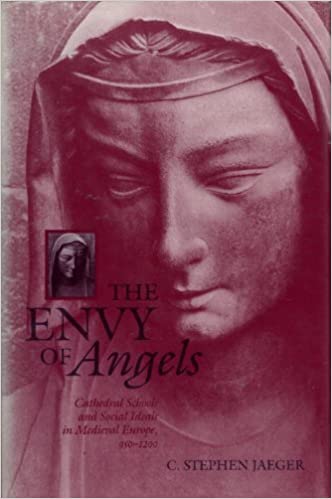Walking with God: A Journey Through the Bible
Written by Dr. Tim Gray and Jeff Cavins, Walking With God unpacks the central story woven throughout Scripture and presents it in an easy-to-read, concise manner. Tim Gray and Jeff Cavins take you on a journey through the narrative books of the Bible the ones that tell the story and present a panoramic view of God s glorious plan of salvation. Their expert commentary dives deep into the mysteries of Scripture, unlocking its riches and showing how these inspired words are meant for you today.
Enter into the scriptures with Walking with God. Witness the fascinating story of our faith unfold, and see how you, at this moment in your life, fit into God's plan for all of humanity.
More info →Wine: A Beginner’s Guide
Everything you need to know about the fruit of the vine―From A to Zinfandel.
If you enjoy wine―but can’t articulate why―you’re not alone! From terroir to global varieties, Wine: A Beginner’s Guide breaks down the complex bouquets of winemaking and tasting into ways that are fun and easy to understand.
Learn what really makes a cabernet sauvignon red. Taste how it’s possible to detect a hint of leather, chocolate, or even rubber in a single sip. Confidently discuss the subtleties of different types of grapes with the guide that has everything you need to know to grow your love of wine.
More info →The Envy of Angels: Cathedral Schools and Social Ideals in Medieval Europe, 950-1200
Before the rise of universities, cathedral schools educated students in a course of studies aimed at perfecting their physical presence, their manners, and their eloquence. The formula of cathedral schools was "letters and manners" (litterae et mores), which asserts a pedagogic program as broad as the modern "letters and science." The main instrument of what C. Stephen Jaeger calls "charismatic pedagogy" was the master's personality, his physical presence radiating a transforming force to his students. In The Envy of Angels, Jaeger explores this intriguing chapter in the history of ideas and higher learning and opens a new view of intellectual and social life in eleventh- and early twelfth-century Europe.
More info →The Liberal Arts Tradition: A Philosophy of Christian Classical Education (Revised Edition)
The Liberal Arts Tradition: A Philosophy of Christian Classical Education introduces readers to a paradigm for understanding a classical education that transcends the familiar 3-stage pattern of grammar, logic, and rhetoric. Instead, this book describes the liberal arts as a central part of a larger and more robust paradigm of classical education that should consist of piety, gymnastic, music, liberal arts, philosophy, and theology. The Liberal Arts Tradition also recovers the means by which classical educators developed more than just intellectual virtue (by means of the 7 liberal arts) but holistically cultivated the mind, body, will, and affections. This is a must-read for educators who want to take a second big step toward recovering the tradition of classical education.
More info →



